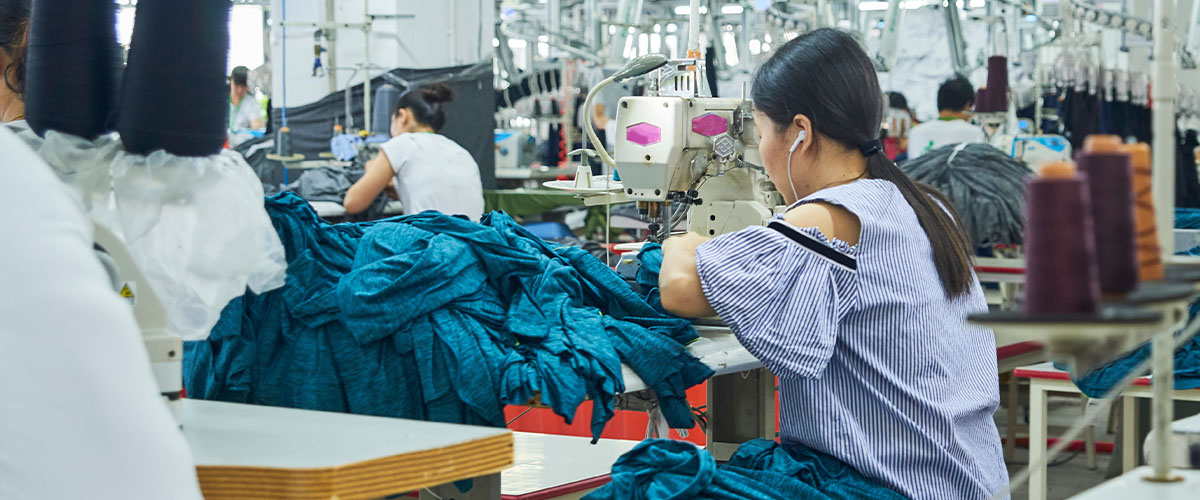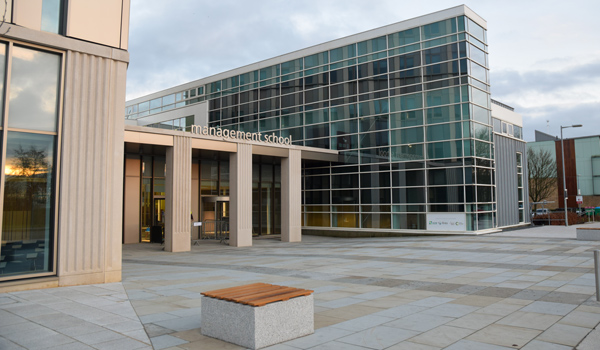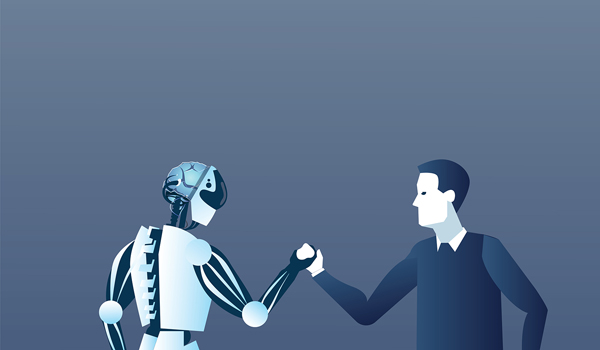A multidisciplinary approach to research is critical.
I think managers don't have a problem that fits neatly into one of our academic departments. They just have a problem
of some sort, or something they want to improve or develop, and often it involves all sorts of aspects of our management research.
And so it's increasingly important as we confront grand challenges, climate change and so forth, to take a view which cuts across all our management disciplines, but also brings in science and technology alongside management and social sciences. If we're going to understand the sustainability challenges that we face, then you need to be ecologically literate and also literate about social and economic problems as well.
So, right at the heart of our concerns are things around climate change, the loss of nature, then novel materials, particularly plastics within the environment. So if you are going to figure out how, say, a finance professional can address climate change, you need to understand both finance and climate change.
Our work sits at the interface between accounting and finance, computer science and linguistics. And in order to make progress in that space, you've got to have skills from all three of those disciplines and bring them together. So it was critical for us that we were working as part of an interdisciplinary team, because otherwise, if you were just working as an individual team from a particular discipline, you don't have the skills necessary to make progress.
On the plastics project, where we're trying to reduce the use of single-use plastics in the supply chain, working with an interdisciplinary team means that we can try to address the problem from many different angles.
So my own expertise is in supply chains, so I work with organisations from farmers through to processors, through to retailers. But on this project, we also have people who are very used to working with consumers. So seeing what things are like from a consumer point-of-view. We also then have people who are working on the recycling end of things, so that we can start to look at the circular supply chain. But we also have some chemists who really know about the different types of polymers. That information helps us to really think about what the solutions might be and what the advantages and disadvantages of different plastics might be.
The multidisciplinary nature of the RECIRCULATE project has been paramount to the success of the project. The RECIRCULATE project comprises five different work packages involving different disciplines. So I worked on the first work package, which was on entrepreneurship and innovation, and in addition to this, we had another four packages. Without working collaboratively, it was impossible for us to solve the water use and safety problem that we're trying to address in African communities. So no work package could work entirely independently of itself. If we use my type of research in waste studies. You need different people
in the room to actually shine a spotlight because just taking a product, there's a whole system around the product.
And it will require thinking about measurements and metrics that accountants might be able to offer. It will require people from environmental sciences to come and say, well, actually, if you don't dismantle those devices in a safe environment, this is what could happen and leach into the ground, which could eventually go into our water. It will need marketers who may talk about consumer acceptance of actually maybe holding onto a device or a kettle for longer or taking those phones out of the cupboards and taking them to places where they can be reused again.
So, I think, within the Pentland Centre there's a real need for this interdisciplinarity, especially with complex issues that fall under the banner of sustainability.






.jpg)

















